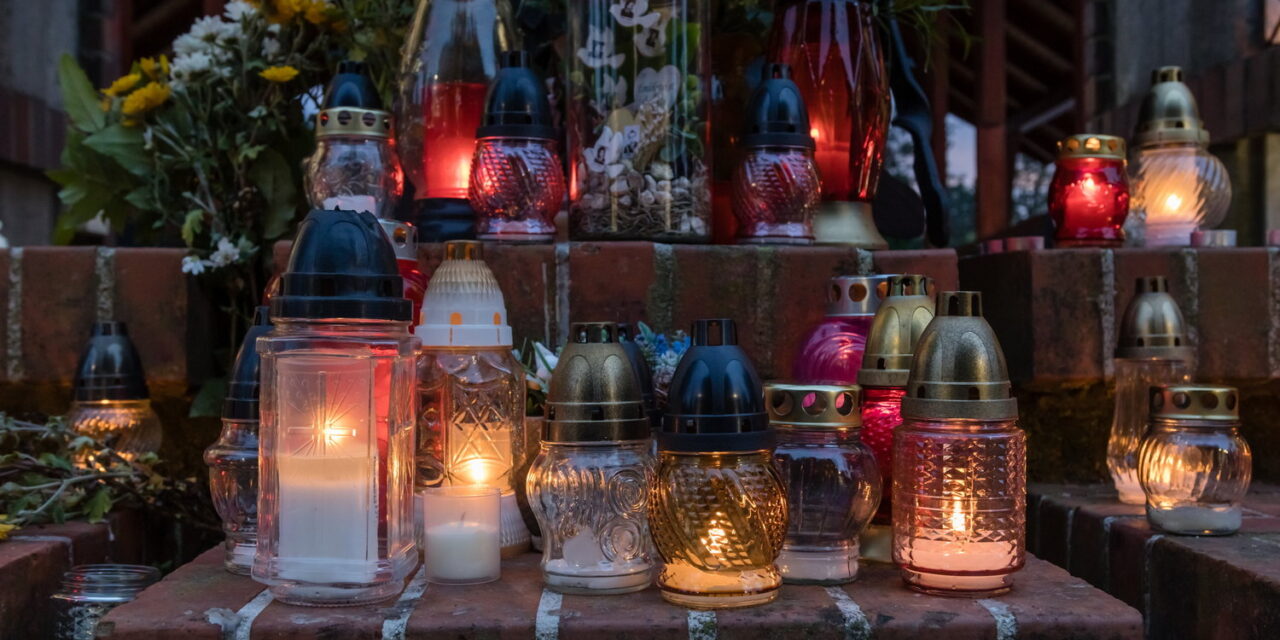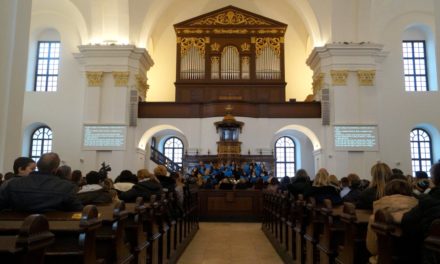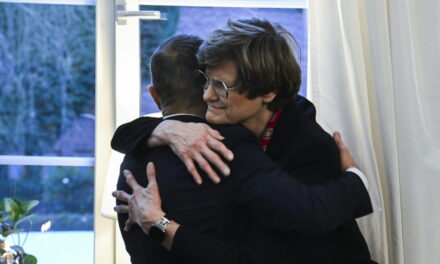According to folklore, on the night between All Saints' Day and the Day of the Dead, the deceased say mass in the church.
Although Christians have been celebrating All Saints' Day for 1188 years - which has also been a public holiday in our country for 23 years - there are even believers who are not aware of what we celebrate on the first and second of November.
"It is not a coincidence that the church placed the day of All Saints and the Dead right here, at the threshold of winter, at the beginning of passing away - and next to each other. He made this clear in the spirit of the great contradiction of which death is only an appearance, but life is its content," wrote Kossuth Prize-winning poet János Pilinszky.
In the Christian East, it has been held since the fourth century as the feast of all the martyrs. The feast of All Saints was added to the liturgy of the Western Church IV. It was introduced by Pope Boniface during a church dedication. IV, who held the papal title between 608 and 615. On May 13, 609, Boniface consecrated the Roman Pantheon, originally built for the pagan gods, in honor of Mary and all the martyrs. The anniversary of this began to be celebrated as All Saints' Day. More than a hundred years later, between 731 and 741, III. During the time of Pope Gregory, the feast of All Saints was moved to November 1, the date of the pagan Celtic holiday of Samhain. From then on, it became a memorial day not only for the feast of Mary and the martyrs, but also for all glorified souls - "the Holy Virgin, all apostles, martyrs, confessors and all perfect righteous people who died on the earth", as a universal holiday IV. It was done by Pope Gregory in 835.
Halloween, of primarily Irish (Celtic) origin, is connected to October 31, the day before All Saints' Day. Its name comes from the phrase All Hallows Eve, which in Hungarian means: the night of all saints.
All Saints' Day is a holiday for Catholics, while Orthodox Christians celebrate All Saints' Sunday after Pentecost. On the other hand, among the Reformed, neither All Saints nor the Day of the Dead is a church holiday, because the Catholic cult of the dead is considered inappropriate, and the saints are not recognized either. On the other hand, they took over the customs of the Day of the Dead, such as lighting candles and taking care of graves, under Catholic influence. Evangelicals observe the Day of the Dead, but not All Saints' Day, although they acknowledge the existence of saints.
Many people confuse the two holidays, although on All Saints' Day the Roman Catholic Church commemorates the saints of heaven, on the following day they commemorate all those who have died but have not yet gained salvation and are suffering in purgatory. Abbot Odilo of Cluny introduced the commemoration of the deceased in the monasteries entrusted to him in 998. The practice of the Cluny Benedictines soon spread widely, and Rome adopted it in the 14th century. XV. In 1915, Pope Benedict allowed that all priests could say three Masses on All Souls' Day; one for a specific deceased, one for those suffering in purgatory, and one for the Pope's intention.
In many European countries, including our country, it is customary for people to visit and tidy up the graves of their deceased relatives, bring flowers and light candles and candlesticks on All Saints' Day and the Day of the Dead. The light of the candle symbolizes eternal light, according to the ceremony of the Catholic Church, the litany of all saints is prayed at the big cross of the cemeteries, at the cross of everyone, and the new grave monuments are blessed.
All Saints' Day in Hungary is also associated with economic traditions. Sometimes servants and shepherds were beaten on this day. Elsewhere, the bachelor fair was held at this time, i.e. this was when the farmers made an agreement with the bachelors who were going to serve. Work was forbidden on All Saints' Day, which was also a kind of expression of respect, since according to custom, anyone who plows, sows, or does any other work attacks the dead. She was not allowed to wash, sew or clean.
According to folklore, on the night between All Saints' Day and All Souls' Day, the deceased say mass in the church, and when the bell rings, they go to their relatives' houses, so in the peasant houses on this day, another plate was placed on the table, in which they put bread, salt and water. In Székelyland, they baked bread, which was called God's pie or the bread of the dead.
Source: Magyar Hírlap
Cover photo: MTI/Tibor Katona













